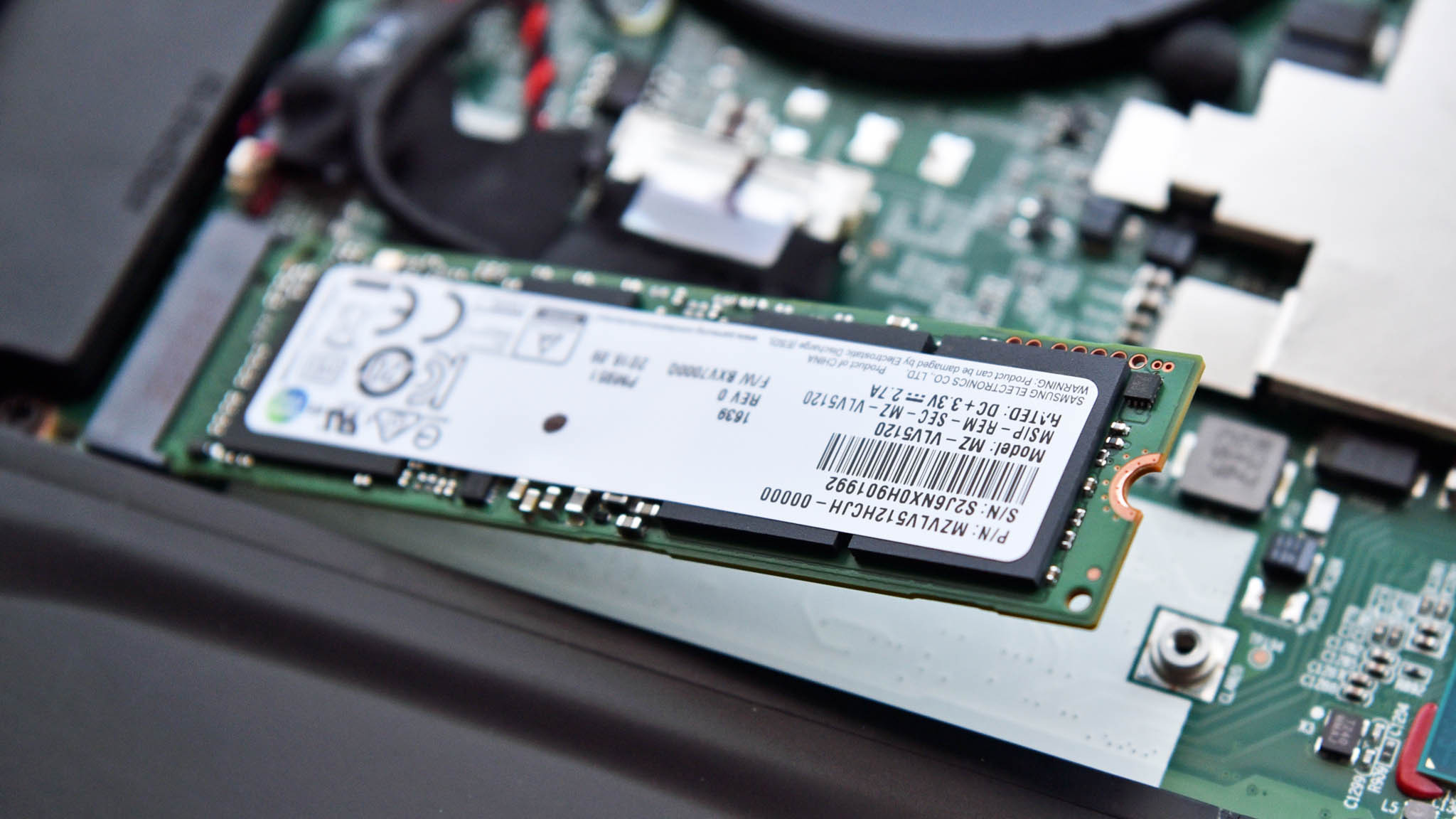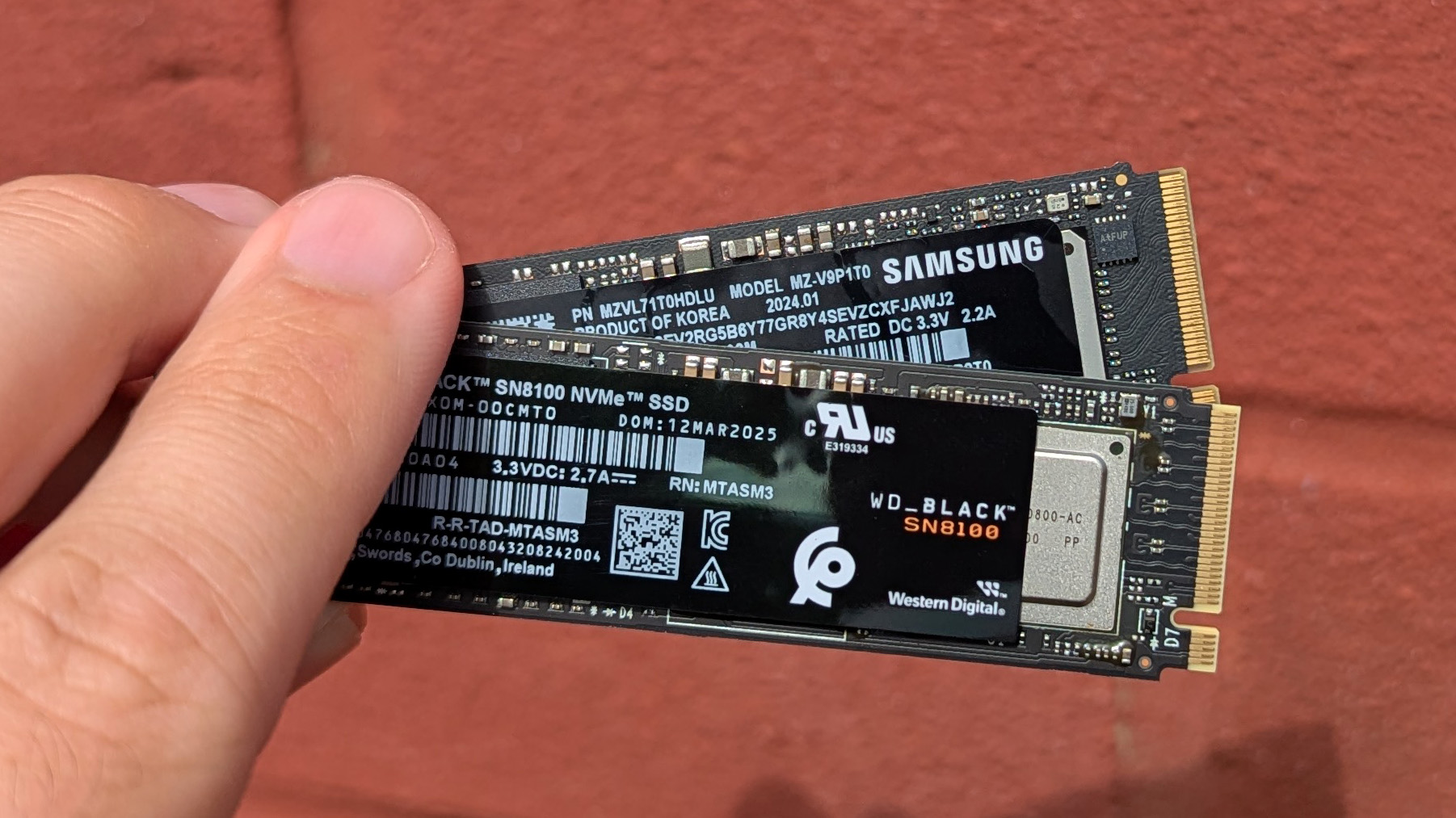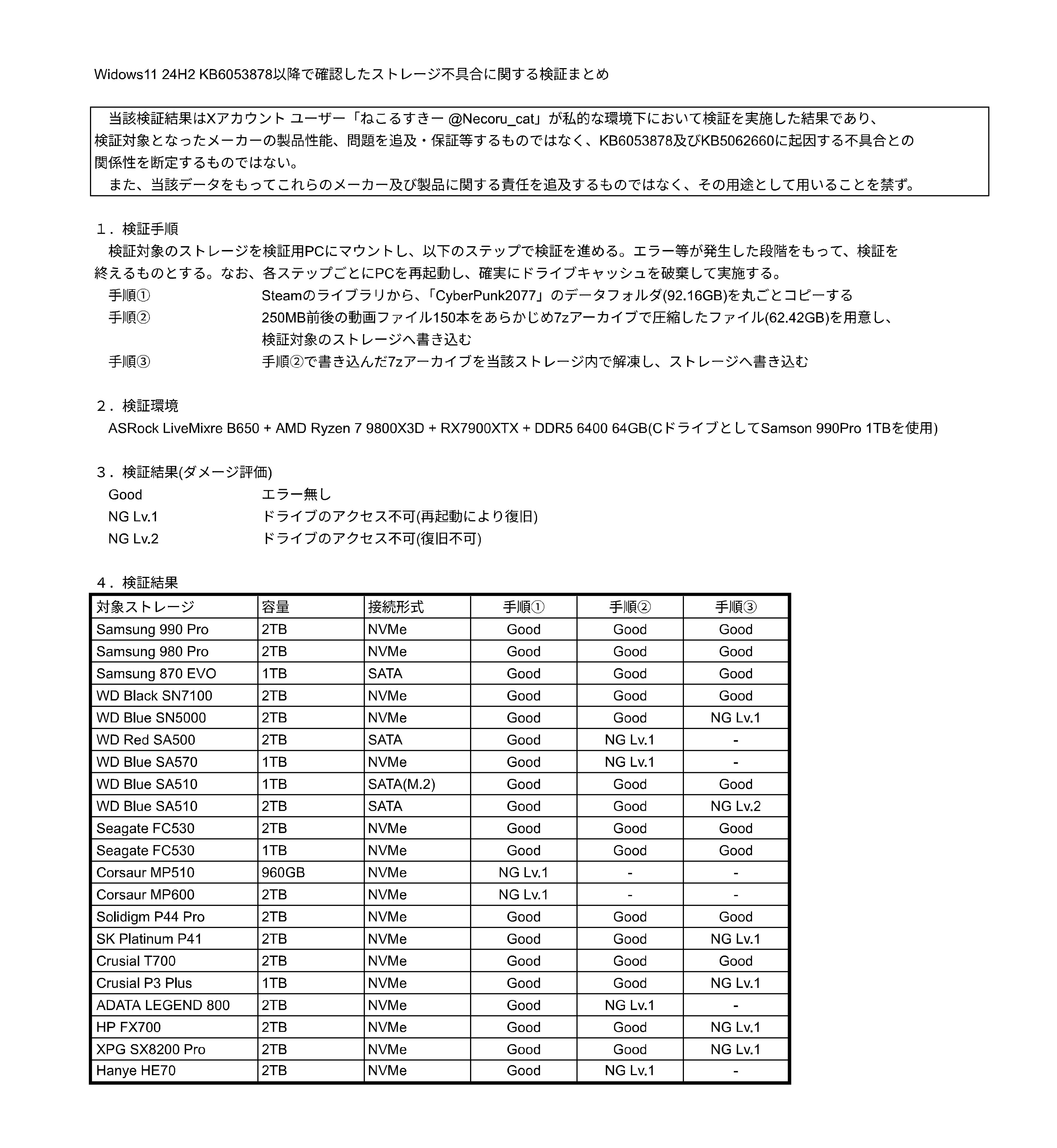SSD manufacturer 'Phison' clears its name after Windows 11 bricking panic — 4,500 hours of testing and zero drive failures

All the latest news, reviews, and guides for Windows and Xbox diehards.
You are now subscribed
Your newsletter sign-up was successful
Earlier this month, I covered reports suggesting that Windows 11 version 24H2 security update KB5063878 was causing certain solid-state drives (SSDs) and hard-disk drives (HDDs) to malfunction. In some rare cases, it seemed like the drives were being completely wiped out, with data becoming unrecoverable.
In other instances, users found that their drive was no longer recognizable until performing a full system restart. Phison, one of the world's largest suppliers of the controllers that these drives require to operate, was named as potentially being the culprit behind the drive failures.
This arose from one user — @Necoru_cat on X — following the testing of 21 different SSDs. Phison was quick to announce that it was investigating the claims. Now, it's returned with proof that its controllers are not to blame for the Windows storage issues.
Phison's testing reveals its controllers are not to blame for drive failures
On August 27, Phison issued a statement to WCCFTech regarding its findings following an in-depth investigation into its controllers. As stated by the company, it spent 4,500 hours testing the SSDs it suspected were potentially affected by the Windows 11 update bug. More than 2,200 test cycles were performed.
Phison says it was ultimately unable to reproduce any of the results being reported online.
As stated on August 18, Phison was made aware of the 'KB5063878' and ‘KB5062660’ updates on Windows 11 that potentially impacted several storage devices, including some supported by Phison. In response, Phison dedicated over 4,500 cumulative testing hours to the drives reported as potentially impacted and conducted more than 2,200 test cycles. We were unable to reproduce the reported issue, and no partners or customers have reported that the issue affected their drives at this time.
Phison, in a statement to WCCFTech
Phison says it will continue monitoring the situation "in collaboration with our industry partners," and it includes some best practices for its storage customers. Its statements regarding a lack of culpability follow claims that a fake document, suggesting its controllers are indeed to blame, is being spread to customers (via WCCFTech).
While our validation testing has not identified any concerns related to these Windows 11 updates, we have shared industry best practices to support high-performance storage devices. We continue to advise users that for extended workloads, such as transferring large files or decompressing large archives, make sure a proper heatsink or thermal pad is used with the storage device. This helps maintain optimal operating temperatures, reduces the likelihood of thermal throttling, and ensures sustained performance.
Phison, in a statement to WCCFTech
The circulated document, which Phison says has nothing to do with, looks official. It essentially takes blame for the SSD issues and includes a list of Phison controller models that are affected by the Windows 11 24H2 KB5063878 and KB5062660 security updates. It's unclear where this document came from, leading to some speculation that there's a grand conspiracy afoot to tarnish Phison's name. In any case, Phison's in-depth testing should clear up concerns that its controllers are to blame.
All the latest news, reviews, and guides for Windows and Xbox diehards.
How did these Phison fears get started?
X user @Necoru_cat (aka Nekorusukii) posted their findings on August 14, following testing of 21 different hard drives.
As posited, certain drives seemed to be experiencing issues when writing large chunks of data. File sizes larger than 50GB seemed to cause the issue most commonly, especially if the drive was more than 60% full.
The bug could cause drives to go missing in Windows 11 with SMART data unreadable, only accessible again after a system reboot. After testing 21 drives, Nekorusukii suggested that a Phison controller could be causing the problem.
Worse, in one case, Nekorusukii had one drive — the WD Blue SA510 using a non-Phison controller — fail completely with data unrecoverable.
Phison was quick to release an official statement to Tom's Hardware once Nekorusukii's claims picked up steam.
Phison has recently been made aware of the industry-wide effects of the 'KB5063878' and ‘KB5062660’ updates on Windows 11 that potentially impacted several storage devices, including some supported by Phison. We understand the disruption this may have caused and promptly engaged industry stakeholders. We are steadfast in our commitment to product integrity and the success of our partners and end users. At this time, the controllers that may have been affected are under review and we are working with partners. We will continue to provide updates and advisories to partners who may have been impacted to provide support and ensure any applicable remediation.
Phison
NichePCGamer added fuel to the SSD failure drama when it listed several more drives with which it claims users have had issues. Nevertheless, it seemed like the storage issue wasn't particularly widespread.
A Reddit thread highlighting the matter contains arguments for both sides. Some users report similar SSD issues, while others warn of waiting for more information before pointing fingers. That seems particularly prescient now that Phison has essentially cleared its name.
With so many Windows 11 users around the world, and with so many different pieces of hardware that can affect operation, this could all be a major misunderstanding.
As I previously suggested, no matter the rate of failure, users are best off not updating Windows 11 with the buggy security update until an official fix is released.
Elsewhere, Microsoft's Windows 11 24H2 security update KB5063878 was initially released, containing a different installation error related to Windows Server Update Service (WSUS). This bug was patched promptly by Microsoft.

Cale Hunt brings to Windows Central more than nine years of experience writing about laptops, PCs, accessories, games, and beyond. If it runs Windows or in some way complements the hardware, there’s a good chance he knows about it, has written about it, or is already busy testing it.
You must confirm your public display name before commenting
Please logout and then login again, you will then be prompted to enter your display name.


